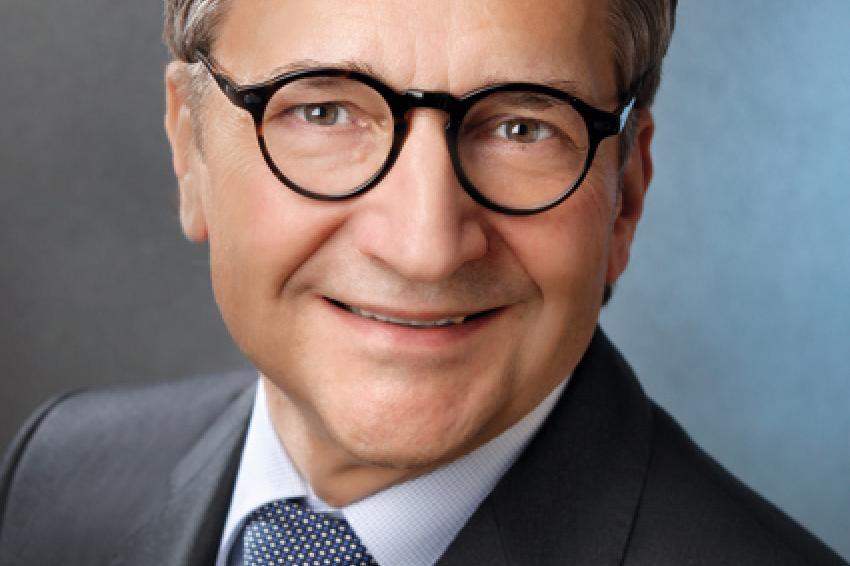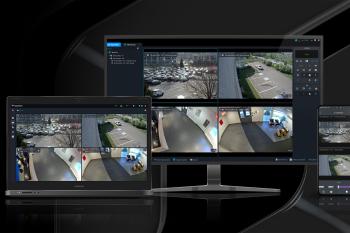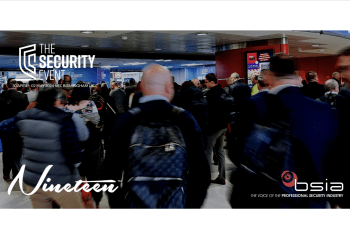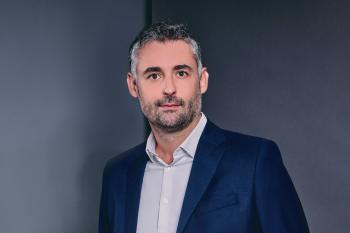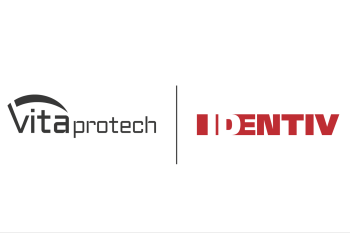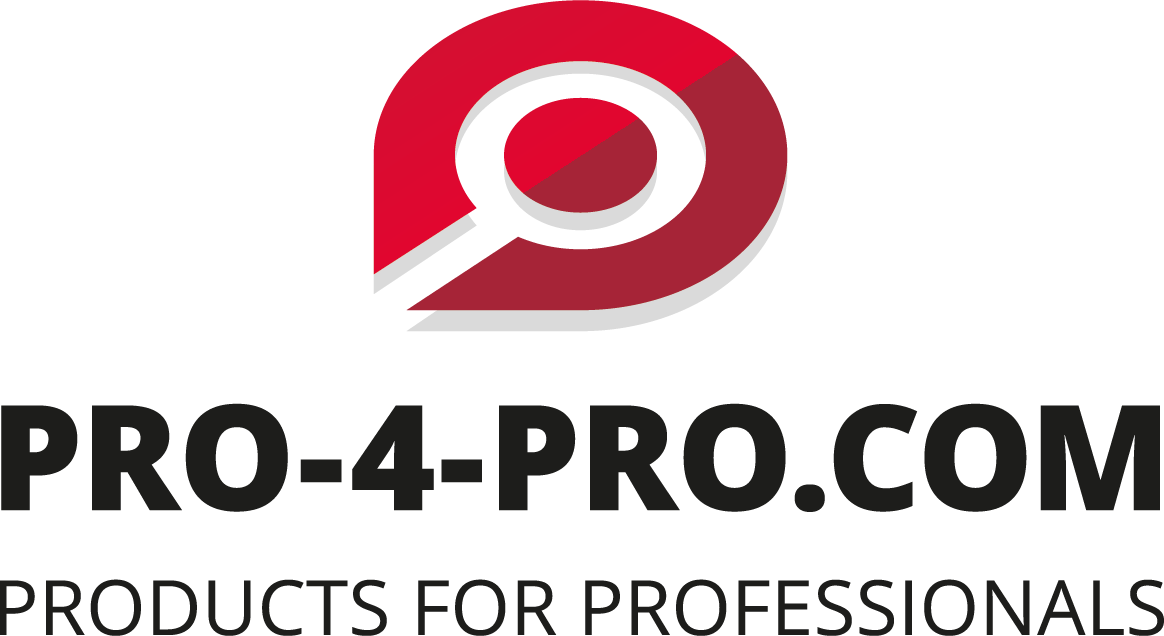Air Cargo Security: Interview with Harald Zielinski, Lufthansa Cargo AG
08.11.2013 - With a transport volume of around 1.7m tonnes of freight and post as well as 9.5 billion freight ton kilometers sold in 2012, Lufthansa Cargo is one of the leading companies worldw...
With a transport volume of around 1.7m tonnes of freight and post as well as 9.5 billion freight ton kilometers sold in 2012, Lufthansa Cargo is one of the leading companies worldwide in the transport of air freight. The company currently employs around 4,600 staff around the world who carry out Lufthansa Cargo‘s core business of airport-to-airport freight transport. The route network includes more than 300 destinations in around 100 countries, whereby both specific freight aircraft and also the freight capacity of Lufthansa and Austrian Airlines passenger aircraft as well as trucks are used. Our Scientific Editor, Heiner Jerofsky, spoke with Harald Zielinski about the extent of security measures at Lufthansa Cargo and about current developments on the subject of Air Cargo Security at the Frankfurt am Main hub.
GIT-SECURITY.com: Logistics security is extremely important for the functioning of industry. Could you tell our readers what that involves at Germany‘s largest airport and also describe your security philosophy?
Harald Zielinski: As a logistics company with a need for high security, it is almost self-evident that we bind both subjects together into one complete process. It is our job to set up a workflow that combines quick processing and handling with professional security measures. From this description alone, the close association between air freight handling and security processes becomes apparent. Our philosophy is to link together the very best handling service, a high handling throughput and the best possible security, even to merge them, in order to fulfill the expectations of our customers. The most difficult part of that is that, although we can set up our handling processes directly in the best interests of our customers, the security requirements of the authorities are not viewed primarily as a service for those customers. So the message to my teams worldwide is the same everywhere: „Fulfill the official regulations consistently, don‘t interrupt the process flow and maintain the best possible security". And that is not always as easy as it sounds.
Around 80 percent of Lufthansa Cargo‘s tonnage is processed at Frankfurt am Main airport. That amounts to up to 20,000 tonnes of freight every week. It‘s hard to imagine the processing of such an enormous amount ...
Harald Zielinski: I like to compare our logistics staff with good chess players. First of all they must have worked out a strategy, then they must always be in the right place at the right time and cleverly plan in advance in case there are unexpected ‚moves‘, such as bad weather, diversions or other process disturbances. When it works as planned then it is a good game that both we and our customers enjoy. The security department has a partner role here and ensures that no other player intervenes in the game.
What control mechanisms and integrated security measures are necessary when handling air freight? How important is the use of X-ray technology, access control and video surveillance?
Harald Zielinski: We make use of all relevant security technologies and happily test new ones. However it rarely happens that we come across really special innovations that can be used in our industry. Of course it is obvious that we use video surveillance and access control systems. To check the air freight itself the best current methods are X-ray machines and/or explosives detectors. Which ones we employ depends on the local conditions. Frankfurt ‚conditions‘ cannot be compared 1:1 with those at New York and what works in New York is by far not the method of choice in Nigeria. Here we also need to employ some creativity and know-how.
On 29th April this year the transition period for ‚known senders‘ expired. The security assurances given by many shippers up until then lost their validity. What does that mean today for your daily freight operations?
Harald Zielinski: The apocalypse that was predicted by many has evidently been postponed. The implementation of the applicable EU regulations went largely without problems in Germany, certainly due to the industry and the authorities working well together. I was very impressed. The advance preparations for our operations were significant and expensive of course, and it will have been similar for the dispatchers that were certified. Processes had to be adapted, significant investment made available for security technology and building works were sometimes also necessary. Today I can see that it mostly all works very well on a daily basis. The volume of freight that has to be checked is significantly less that we had expected. This is probably in part due to the ‚right‘ companies undergoing the certification procedure and therefore a large amount of air freight is delivered to us by already certified agents.
What building works, technical and personnel measures (such as security checks) were necessary to protect air freight from tampering in order to comply with the new security standards?
Harald Zielinski: New security equipment was not required to protect against tampering. Lufthansa Cargo has already secured its facilities against intrusion for many years. Our extraordinarily low rate of theft provides evidence of this. I am utterly convinced that no other airline has the ‚problem‘ of theft more under control than we do. And I mean that worldwide. We had to put new X-ray devices and explosives detectors into operation to meet the new requirements that apply to us as an air freight company and regulated freight agent. Some process flows also had to be altered. In addition to that came the integration of explosives sniffer dogs into our security procedures. And these investments also amounted to some millions - security doesn‘t come free unfortunately.
Are there particular types of freight, certain destinations or origin countries that are problematic, that make the checks difficult? How are dangerous goods, delicate high-tech, valuables and animals handled?
Harald Zielinski: A detailed answer to those questions would fill the rest of the magazine. In general there is a standard process for standard goods going to a standard destination. However, about one third of our freight is not ‚standard‘. There can be exceptions, for example because the security situation at the point of departure or arrival is challenging, or because the freight to be transported itself is unusual. The special wishes of our customers are certainly one reason for special processes. But thanks to our comprehensive specialized knowledge at Lufthansa Cargo, not just in matters of security, we know in detail how to master such challenges. I personally like it when we occasionally have to get creative in order to meet such special challenges. Our people in each of the various product management teams are very successful here.
How and using which technical and organizational methods can you follow the transport flow, without any gaps?
Harald Zielinski: That remains our secret. I‘m sure you‘ll understand when I don‘t give any details away here.
The EU Regulation VO (EU) 173/2012 requires the „... general training in security awareness" for staff. What effect does this have for your area of responsibility and according to what criteria do you choose your employees in general?
Harald Zielinski: Our staff are trained comprehensively and regularly. In the security department we employ a specialist in the subjects of ‚Training‘ and ‚Technology‘. The selection of personnel is made just as in other companies. The guiding parameters are personality, education, work experience and languages spoken. I have had good experience of people who join us from other branches of industry than security. Additionally, 50 per cent of our security department management team is female.
Is air freight stored for a while on the Lufthansa Cargo premises? What special security measures are taken in these storage areas?
Harald Zielinski: It is a natural part of the process flow that goods are stored temporarily where necessary. The goods are stored exclusively within the secure areas and the freight never leaves this zone, not least to avoid having to carry out security checks again.
How do you view the current security situation in air freight logistics? Are you expecting an increase in the amount of freight, or increased losses and heightened risks?
Harald Zielinski: Naturally I am hoping for increased freight levels; freight transport is the foundation of our business. I can‘t judge whether there will soon be a significant increase or not - I‘m somewhat skeptical. I do not expect an increase in the loss of goods at Lufthansa Cargo, as I‘ve already stated. The risks in aviation always remain the same, and it is difficult to foresee if these will increase. We are however always able to react at short notice.
How is the cooperation with the Police, the Customs, the Civil Aviation Authority and the security personnel of Fraport AG at Germany‘s largest airport?
Harald Zielinski: Good. Honest, open, cooperative.
What do you hope for in the next few years in your work and what private wishes do you have?
Harald Zielinski: My business stubbornly refuses to fulfill all my dreams, and I‘ve given up hope of it ever doing so. I do however hope that there will be more peaceful times and that the security measures will not constantly have to be increased. Privately? I am pretty fit, happy and satisfied. It would be impudent to wish for more.
Many thanks for enabling this interview, for the interesting insights and honest words about aviation security, which is important for us all.

